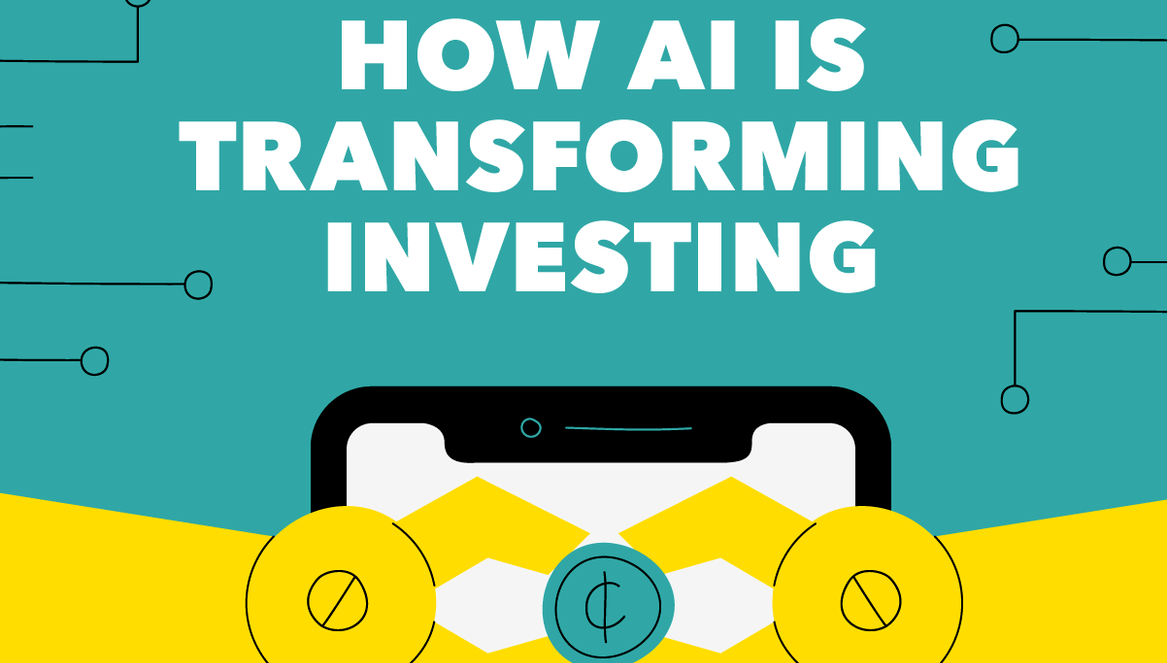We may earn a small commission if you sign up for a service or product from this page. This does not affect our rankings and it does not cost you anything. Learn more about how we make money and our review process on our advertising disclosure page.
There’s no doubt that 2020 has been a year full of unknowns and market volatility. As people re-evaluate their financial choices, it’s natural for them to weigh the pros and cons of different types of investing. Amid the uncertainty, tech-based and AI-driven companies are providing hope for the economy during this time. People are eager to capitalize on investing in AI-driven organizations since AI is touching almost every area of modern life.
In times of global financial turbulence, people want to set themselves up for success and proactively financially strategize. Various companies are forging new paths in AI investing, and even individuals who may have never considered working with robo investing firms are starting to realize their advantages. It’s undeniable that evolving AI technologies are having an impact on the changing nature of financial planning.
No one wants to pay unnecessary fees to manage their investments. People are doing the math and realizing a robo advisor can cost 0.25-0.50% of your total assets, whereas an actual human financial advisor can charge 1-2% or more. They’re also realizing that robo investing firms don’t pose as great of a risk as they might have originally thought. After all, AI plays a huge role in the decision-making processes of thousands of companies and investors across industries. As investors compare robo advisors, they start to realize the benefits of different options.
Take a look at some high-level insights on AI investing in the graphic below. The bottom line is that AI is everywhere, and investors want to benefit from its omnipresence. Of course, there are risks involved in any kind of investment decision. Hopefully, this overview of how AI tech affects investors’ thought processes can provide some food for thought.

